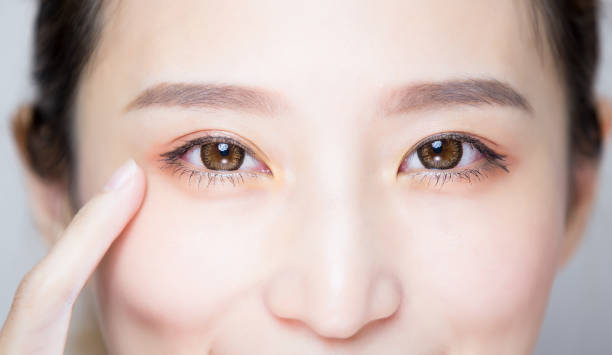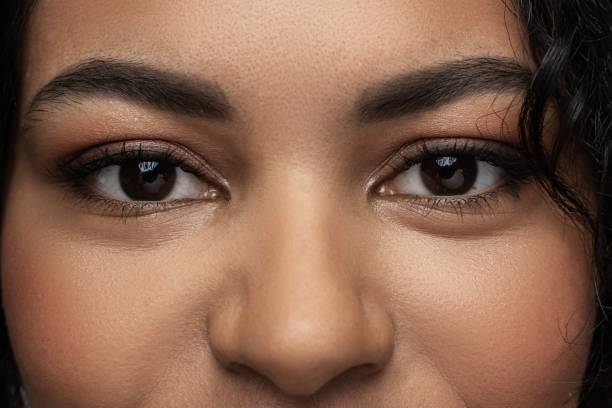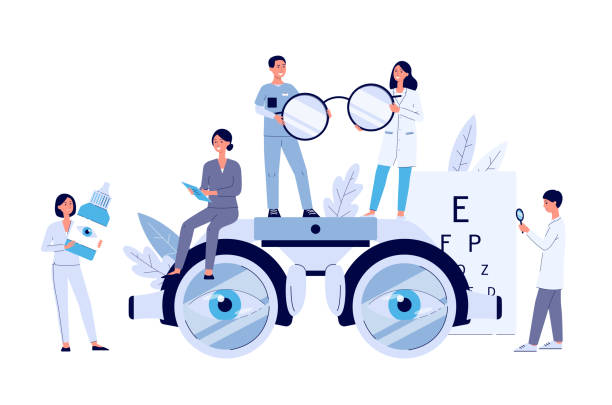Good vision plays a vital role in daily life, helping you read, drive, work, and enjoy your favorite activities. Yet, many people overlook eye health until issues develop. Just like caring for your body, prioritizing eye care is essential for maintaining clear vision and preventing future problems.
By adopting simple yet effective habits, you can protect your eyesight and keep your eyes strong for years to come. In this guide, we’ll explore essential eye care tips, ways to prevent common vision problems, and key habits to support long-term eye health.
Why Eye Health Matters
Your eyes play a crucial role in your daily life, allowing you to see, work, and engage with the world around you. However, they are also prone to strain, aging, and various eye conditions. Neglecting eye health can lead to problems such as:
- Blurry vision – Difficulty focusing on objects near or far.
- Eye fatigue – Tired, strained eyes from prolonged screen use or reading.
- Dry eyes – Irritation caused by insufficient tear production.
- Increased risk of eye diseases – Conditions like cataracts, glaucoma, and macular degeneration.
The good news is that by adopting simple yet effective eye care habits, you can reduce these risks, improve your vision, and support overall well-being. Small changes in your daily routine can make a big difference in keeping your eyes healthy for years to come.

Essential Habits for Better Vision
Taking care of your eyes is crucial for maintaining clear vision and preventing long-term damage. By adopting these simple yet effective habits, you can protect your eyesight and keep your eyes healthy for years to come.
1. Eat a Vision-Boosting Diet
Your diet directly impacts your eye health. Essential nutrients like vitamins A, C, E, and zinc help protect against vision problems and age-related eye diseases.
Best foods for eye health:
- Leafy greens (spinach, kale) – Packed with antioxidants that support eye function.
- Carrots and sweet potatoes – Rich in vitamin A for better night vision.
- Fatty fish (salmon, tuna) – High in omega-3 fatty acids to keep eyes hydrated.
- Eggs – Provide lutein and zeaxanthin, which protect against macular degeneration.
Staying hydrated also plays a key role in preventing dry eyes and maintaining overall eye comfort.
2. Follow the 20-20-20 Rule
Staring at screens for long periods can cause digital eye strain, leading to dryness, headaches, and blurry vision. The 20-20-20 rule helps reduce strain:
👉 Every 20 minutes, look at something 20 feet away for at least 20 seconds.
This simple habit allows your eyes to relax and stay refreshed throughout the day.
3. Wear Sunglasses Outdoors

Exposure to ultraviolet (UV) rays can lead to cataracts, macular degeneration, and other vision issues. Protect your eyes by wearing UV-blocking sunglasses whenever you’re outside, even on cloudy days.
✅ Look for sunglasses that block 100% of UVA and UVB rays for the best protection.
4. Get Regular Eye Exams
Many eye diseases develop without noticeable symptoms in the early stages. Routine eye exams help detect and address potential problems before they become serious.
Recommended eye exam schedule:
- Children – Every year
- Adults under 40 – Every 2 years
- Adults over 40 – Every 1-2 years
- Anyone with vision problems – As advised by an eye doctor
5. Practice Proper Contact Lens Care
Wearing contact lenses requires proper hygiene to prevent eye infections and irritation.
🔹 Wash your hands before handling lenses.
🔹 Never sleep in contacts unless approved by your doctor.
🔹 Use fresh contact solution each time—never reuse old solution.
🔹 Replace your lens case regularly to avoid bacteria buildup.
6. Manage Screen Time Wisely
Spending too much time in front of screens can lead to eye strain and discomfort. Reduce the impact by:
✔ Adjusting screen brightness to match your surroundings.
✔ Blinking often to prevent dry eyes.
✔ Using blue light filters on your devices.
✔ Sitting an arm’s length away from the screen.
7. Avoid Rubbing Your Eyes
Rubbing your eyes may seem harmless, but it can introduce bacteria and irritants, increasing the risk of infections. If your eyes feel itchy or dry, use artificial tears or a clean, damp cloth instead.
8. Quit Smoking for Better Eye Health
Smoking increases the risk of cataracts, macular degeneration, and optic nerve damage. If you smoke, quitting can:
✅ Improve blood circulation to your eyes.
✅ Lower the risk of vision loss as you age.
✅ Reduce dryness and irritation in your eyes.
9. Get Enough Sleep
Your eyes need rest to recover from daily strain and stay healthy. Lack of sleep can cause redness, dryness, and blurry vision. Aim for 7-9 hours of sleep per night to keep your eyes refreshed and focused.
10. Exercise for Better Eye Health
Regular physical activity improves circulation and lowers the risk of diabetes and high blood pressure, which can affect eyesight. Simple exercises like:
🏃 Walking – Boosts blood flow to the eyes.
🧘 Yoga – Reduces eye strain and tension.
🏋️ Strength training – Helps maintain overall eye health.
By following these essential habits, you can preserve your vision, reduce eye strain, and support long-term eye health. Start making these small changes today for clearer, healthier eyesight! 👁️💙
Would you like me to optimize this further with additional SEO keywords or formatting?tretching can support overall health, including your vision.

Protect Your Vision for Life
Your eyesight plays a crucial role in your overall well-being, allowing you to work, enjoy hobbies, and experience the world around you. Maintaining healthy eyes leads to a better quality of life, and by adopting simple yet effective eye care habits, you can reduce the risk of vision problems and keep your eyes strong for years to come.
If you notice persistent eye discomfort, blurry vision, or sudden changes in sight, don’t ignore the signs—schedule an eye exam as soon as possible. Early detection of eye conditions like glaucoma, cataracts, or macular degeneration can prevent long-term damage and help preserve your vision.
Your eyesight is precious, and taking proactive steps now will benefit you in the long run. What’s your go-to eye care tip? Share it in the comments below—we’d love to hear from you! 👁️✨

